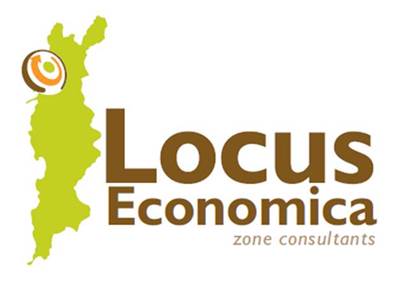Dushanbe, Tajikistan
Legal reforms have been crucial to Tajikistan's economic development. Since independence in 1991, the Tajik economy has been primarily composed of small domestic agriculture and trade businesses, with low levels of foreign investment. Although the government passed a foreign investment law in 1992, in the decades that followed, businesses still faced large costs and difficulties obtaining permits, non-transparent procedures, burdensome inspections, and unjustified restrictions on competition.
Since the mid-2000s, the country has been striving to improve these conditions with support from the IFC / World Bank and the Asian Development Bank. Locus CEO Jean-Paul Gauthier led the IFC's efforts to improve the country's laws from 2004 to 2006 as part of the Tajikistan Investment Climate Reform Project. During that time, he assisted the development of regulatory reforms that simplified permits, licenses, inspections, tax administration, and investment policy. Specifically, his efforts helped make progress toward:
- Reducing the number of permits from over 600 to 86 and other related improvements through the new Law on Permit Systems, which saved businesses approximately $13 million / year in compliance costs.
- A risk-based audit for tax administration.
- A law on public-private partnerships to promote greater investment in infrastructure and social services.
Tajikistan responded in the years that followed, becoming a top 10 reformer in the World Bank's Doing Business Reports for both 2010 and 2011. Since 1999, poverty has dropped from 80% to 31.3%. While its investment climate still lags behind its Central Asian neighbors, ongoing reform efforts in areas like access to credit and tax administration should lead to further improvements in the future.
